Corporate News
Company News
- Aluminum veneer curtain wall: the fashionable coat of modern architecture
- Curtain wall aluminum veneer: creating a fashionable "coat" for modern architecture
- Fluorocarbon aluminum veneer: the new darling of modern architecture
- Customize your aluminum veneer to create a personalized and fashionable space!
- Fluorocarbon aluminum veneer: the "outerwear" innovator of fashionable architecture
Industry dynamics
- Efficient and energy-saving perforated aluminum veneer
- What are the thickness and size standards for aluminum veneer?
- Unique color art makes UV painted aluminum veneer the focus of architecture
- How to choose the aluminum veneer specifications and models that meet your needs?
- Analysis of Construction Process for Aluminum Veneer Exterior Wall Decoration
Frequently asked questions
- Can aluminum veneer be used for building canopy design?
- Is the use of aluminum veneer limited by geographical environment?
- Can the insulation function of aluminum veneer be long-lasting and effective?
- What is the thermal insulation performance of aluminum veneer?
- How does aluminum veneer affect indoor temperature?
contact us
Mobile:+86 15627778610
Email: 2201229786
Address: No. 5 Binjiang Road, High tech Zone, Zhaoqing City, Guangdong Province
Aluminum veneer: improving the thermal insulation performance of building exterior walls
- Author: Xinlongtai Aluminum Industry (Guangdong) Co., Ltd
- Release time: 2022-03-01 21:46:59
- Click:0
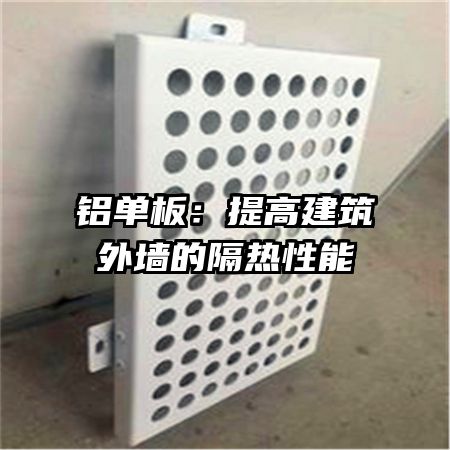
Aluminum veneerImprove the thermal insulation performance of building exterior walls
With people's pursuit of comfortable living, the issue of building insulation is receiving increasing attention. Aluminum veneer, as a new type of building material, has unique advantages in improving the thermal insulation performance of building exterior walls. This article will elaborate on the thermal insulation performance of aluminum veneer from four aspects.
1、 Low thermal conductivity of aluminum veneer
1. The thermal conductivity of aluminum veneer is much lower than that of traditional building materials such as reinforced concrete. Its thermal conductivity is 2.9W/mK, while the thermal conductivity of reinforced concrete is around 10W/mK. This means that aluminum veneer can better isolate temperature differences between indoor and outdoor environments.
2. The low thermal conductivity of aluminum veneer can effectively reduce the energy consumption of buildings. In summer, aluminum veneer can avoid frequent use of indoor air conditioning and save energy consumption. In winter, aluminum veneer can maintain indoor temperature and reduce energy consumption for heating.
3. Therefore, aluminum veneer as a building exterior wall material can effectively improve the energy utilization efficiency of buildings, reduce energy consumption, and achieve the goal of energy conservation and environmental protection.
2、 Excellent sound insulation performance of aluminum veneer
1. In addition to thermal insulation performance, aluminum veneer also has excellent sound insulation performance. Its surface coating can effectively absorb sound waves and reduce the propagation of noise.
2. Aluminum veneers can help residents reduce noise interference and improve their quality of life in urban centers or areas with significant traffic disruptions.
3. Meanwhile, the sound insulation performance of aluminum veneer can also improve indoor air quality. Due to the impact of noise on people's physical and mental health, reducing noise pollution can make people more relaxed and comfortable.
3、 Aluminum veneer has strong fire resistance
1. The fire resistance performance of building exterior wall materials is very important. Aluminum veneer has good fire resistance, and its surface coating can prevent the spread of flames.
2. Aluminum veneer can effectively prevent the spread of fire and protect the safety of buildings and people's lives and property in the event of a fire.
3. Therefore, aluminum veneer as an exterior wall material can improve the safety performance of buildings and reduce the risk of fire.
4、 Strong durability of aluminum veneer
1. Aluminum veneer has good weather resistance and corrosion resistance, and is not easily affected by natural environments. Its surface coating can effectively prevent UV erosion.
2. Aluminum veneer can maintain long-term stable performance in urban center areas or marine environments, without being affected by oxidation, corrosion, and other issues.
3. Therefore, aluminum veneer as an exterior wall material can maintain the aesthetics and stability of buildings, and extend their service life.
5、 Summary
In summary, aluminum veneer, as a new type of building material, has unique advantages in improving the thermal insulation performance of building exterior walls. Its low thermal conductivity, excellent sound insulation performance, strong fire resistance, and durability can effectively improve the energy utilization efficiency of buildings, ensure the quality of life of residents, and enhance the safety and stability of buildings. Therefore, in future architectural design, aluminum veneer will be increasingly widely used.

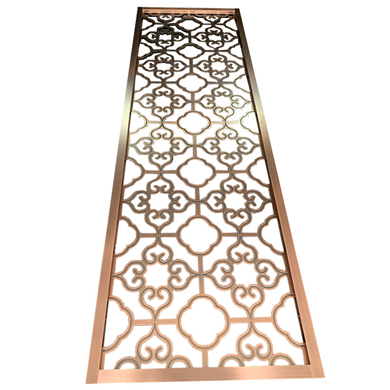
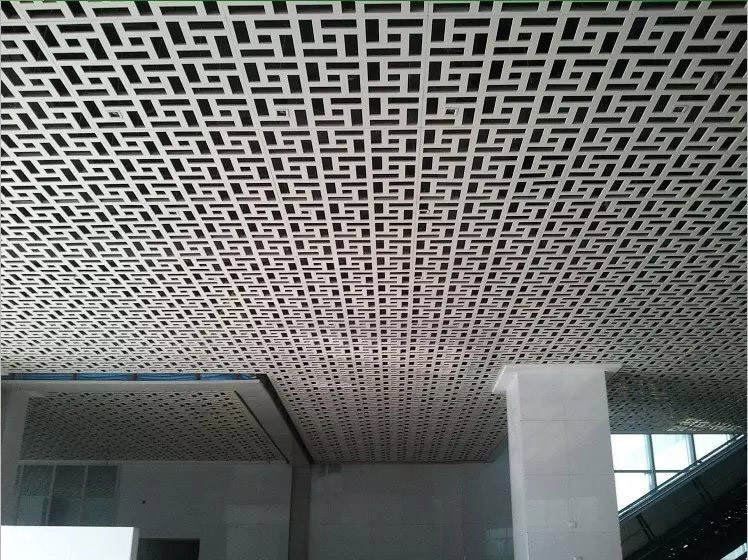
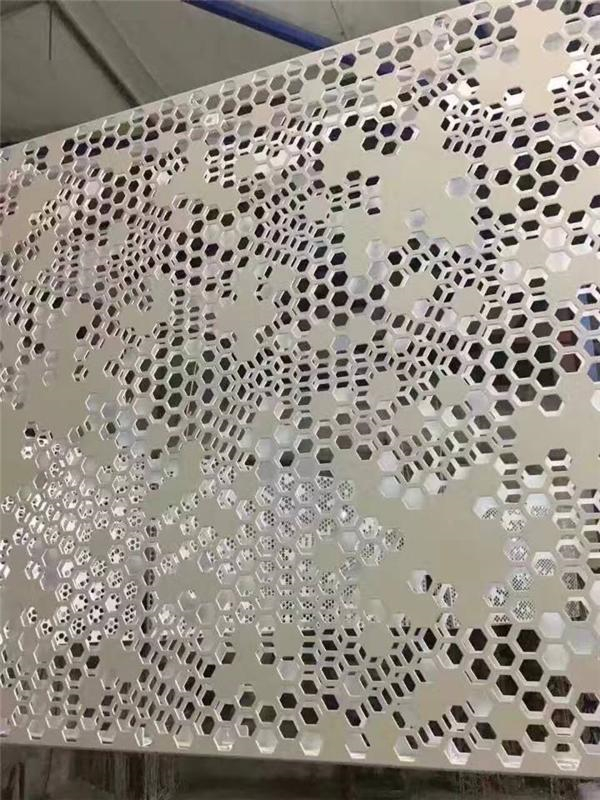
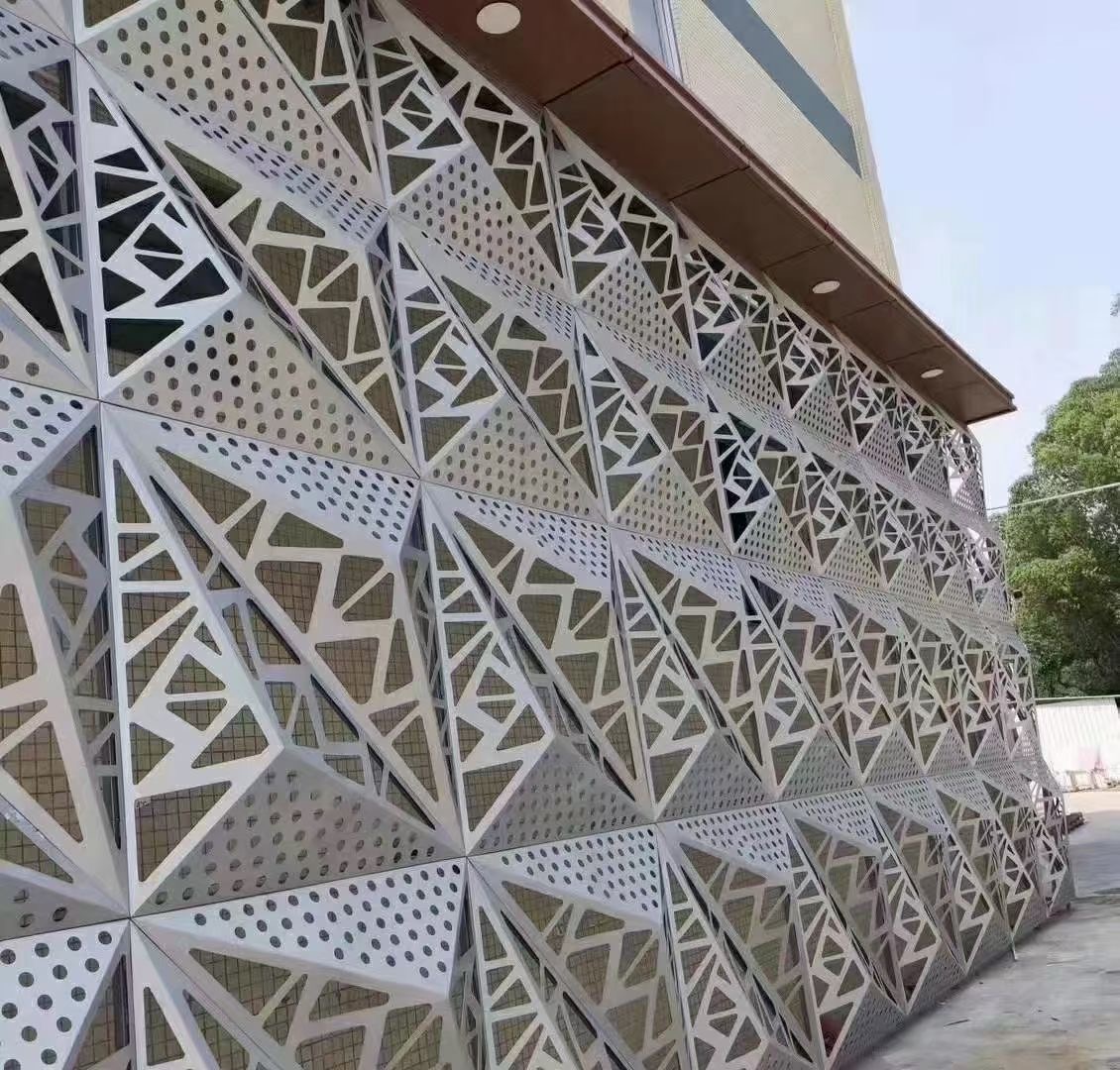
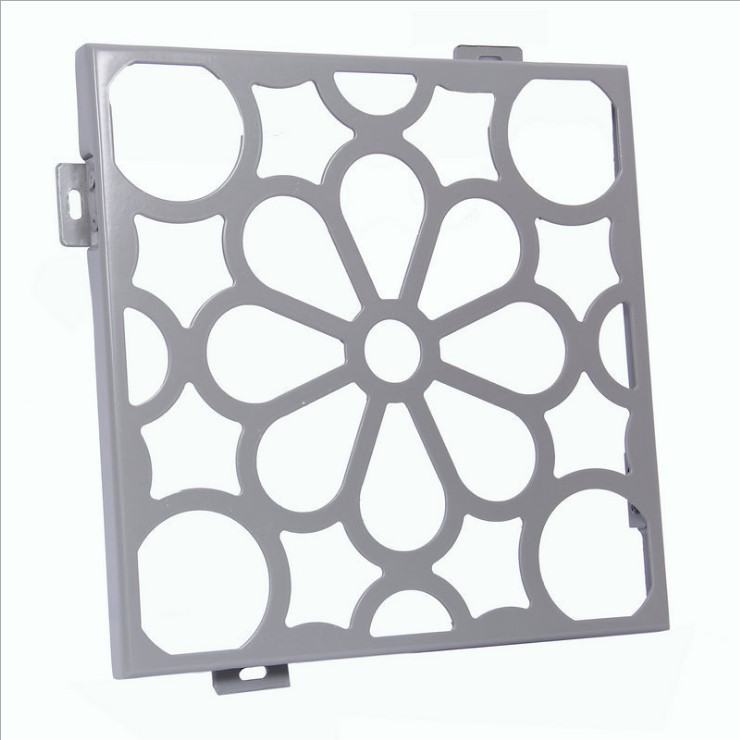
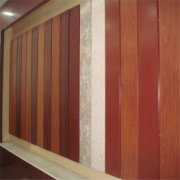
 Customer service QQ
Customer service QQ